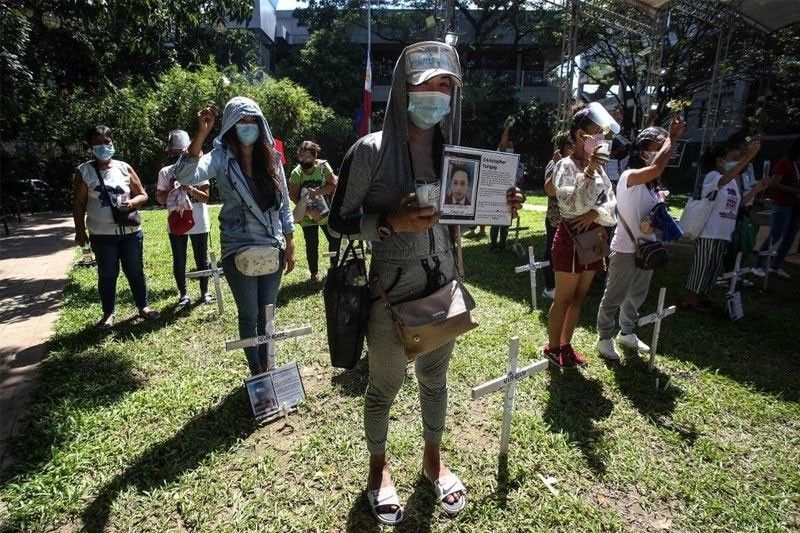Justice for drug war victims up to judiciary – Marcos

MELBOURNE – It would be up to the Philippine police and judiciary to give justice to those who were killed during the previous administration’s drug war, President Marcos said, as he maintained that he won’t support the International Criminal Court (ICC)’s probe on the controversial campaign.
Marcos said inviting the ICC to the Philippines to investigate former president Rodrigo Duterte’s drug war is a “political move” and that “we do not play politics with jurisdiction and sovereignty.”
“The position that we’ve taken is that we do not recognize the jurisdiction of the ICC. We view it as a threat to sovereignty, simply because the ICC was formed to conduct, to provide justice to areas where there is no judiciary, where there is no court system, where there is no police, where there is no peace and order and that’s not the Philippines,” the President said in an interview with ABC News aired last Monday.
“And therefore, I don’t think that their investigations or their concerns apply to the Philippines,” he added.
Asked who would provide justice to those who were killed in the drug war, Marcos said the Philippines has a “functioning” police force and judiciary and “it is their responsibility to take care of that.”
“We have made a great deal of progress in that regard where many policemen have already been removed from service because they’ve been found to be liable, cases have been filed. Many are already in jail,” Marcos said.
“What we try to do is to now go back to the families of those and perhaps, see what we can do to make things right for them. As long as it can be shown, of course, that they were not actually involved in the drug trade,” he added.
According to Marcos, his administration is not interested in small-time addicts who should be taken to the hospital or undergo rehabilitation.
“We don’t (shoot them). We have taken enforcement as far as we can, and it only gets you so far,” he said.
Duterte is facing a crimes against humanity complaint over his brutal war on narcotics, which resulted in the death of more than 6,000 drug suspects.
In 2021, a pre-trial chamber of the ICC permitted an investigation into the drug crackdown, saying the legal element of the crime against humanity of murder under the Rome Statute – the treaty that created the tribunal – has been satisfied.
The Philippines ratified the Rome Statute in 2011 but Duterte withdrew the country from the agreement in 2018 in response to the ICC’s decision to conduct a preliminary examination of his anti-drug campaign.
The ICC has insisted that the Philippines still has the obligation to cooperate with a probe despite the withdrawal.
Duterte has insisted that the ICC has no jurisdiction over him and that he would only face allegations before a local court.
Despite Marcos’ refusal to recognize ICC’s jurisdiction, a nationwide poll conducted by OCTA Research last December suggested that 55 percent of adult Filipinos are in favor of the government cooperating with the tribunal on its investigation on the drug war.
- Latest
- Trending































